In the heart of a legal battle challenging the Trump administration’s crackdown on pro-Palestine activists, a significant trial unfolds. The American Association of University Professors (AAUP) spearheads this pivotal case against policies that target international students and professors engaged in Palestinian advocacy.
The courtroom drama kicked off as U.S. District Judge William Young, known for his commitment to truth-seeking, denied dismissal attempts by the Trump administration. This set the stage for a trial where witnesses, including academia stalwarts from institutions like Harvard and NYU, shed light on the repercussions of ideological targeting.
Professor Zachary Samalin of NYU captured the essence of resistance at a rally outside the Boston courthouse, emphasizing unity against divisive tactics. He highlighted the importance of standing up against attempts to stifle protests advocating against injustices in Palestine.
Another poignant voice was that of Caroline Light from Harvard University, who brought her personal history into play to underscore the significance of fighting oppression and upholding freedom of expression. Her heartfelt narrative weaved personal heritage with academic duty, painting a picture of solidarity beyond borders.
Caroline Light’s passionate stance resonated powerfully as she addressed concerns about wearing symbolic attire being misconstrued as subversion or antisemitism under the guise of protecting Jewish interests. She emphasized how silencing dissenting voices harms not just individuals but entire communities and educational environments.
Jameel Jaffer from Columbia University’s Knight First Amendment Institute provided expert insights into why this trial holds immense importance amid mounting fears within academic circles due to ideological targeting. The lawsuit aims to challenge not only individual cases but also broader policies causing a chilling effect on free speech and academic inquiry.
Witness testimonies from academics like Nadje Al-Ali and Megan Hyska revealed how fear has seeped into scholarly pursuits, leading some to self-censor out of concern for their safety amidst threats and uncertainties. Their accounts painted a troubling picture of intellectual suppression fueled by political agendas.
The collaboration between AAUP and Middle East Studies Association underscores the widespread impact felt across various disciplines facing scrutiny under current political climates. Universities like Columbia facing federal funding reviews due to regional studies’ focus highlight broader repercussions on academic freedom.
As this landmark trial continues unfolding over weeks ahead, it serves as a beacon for those championing free speech rights worldwide. Jameel Jaffer’s legal expertise sheds light on the intricacies surrounding jurisdictional battles in cases like El Faro vs NSO Group, offering hope for justice in defending press freedoms against oppressive forces.
The courtroom saga intertwining activism, academia, and legal battles reflects a larger struggle for upholding democratic values in an increasingly polarized world. As each testimony unfolds, it becomes clear that this case transcends mere legality—it stands as a testament to resilience against ideological suppression in pursuit of truth and justice.


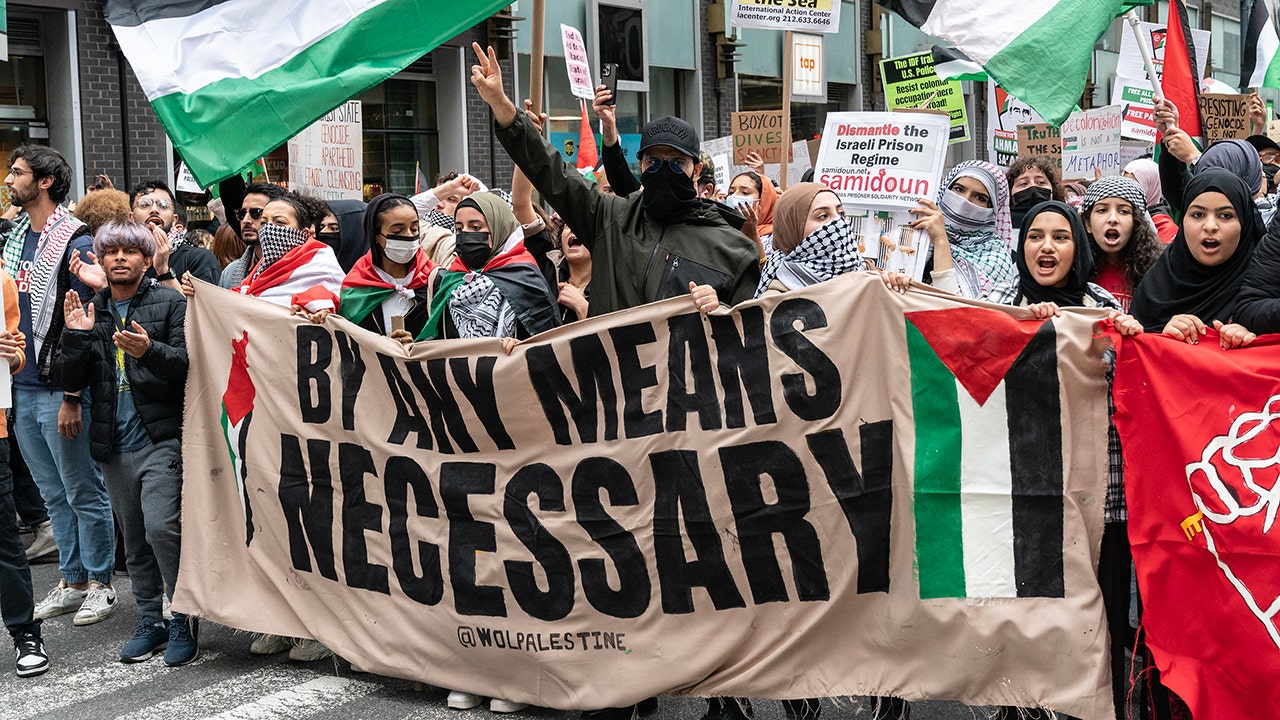
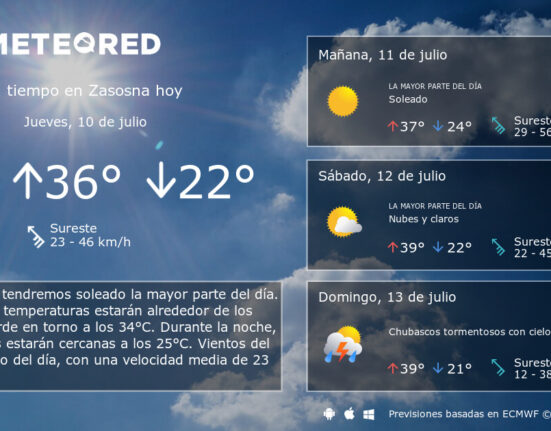
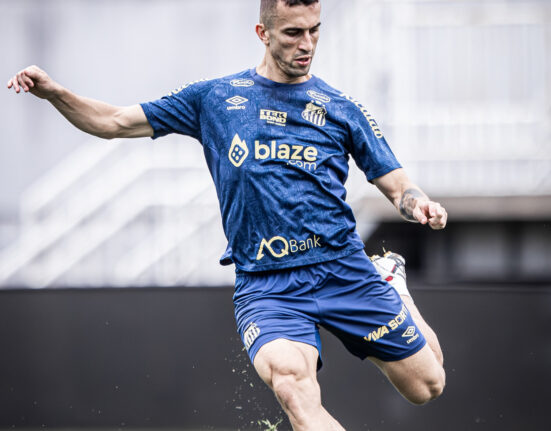


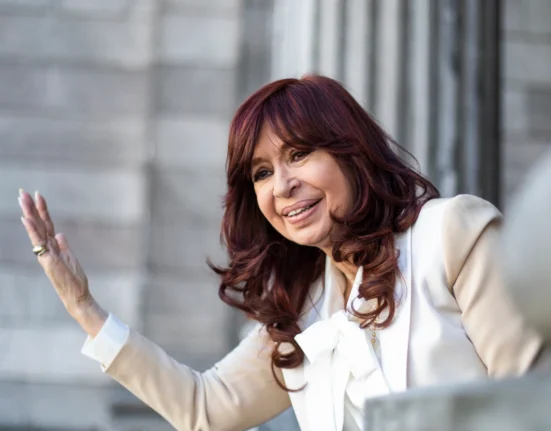
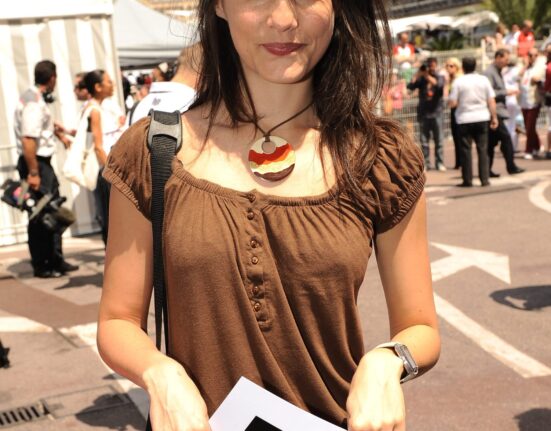
Leave feedback about this